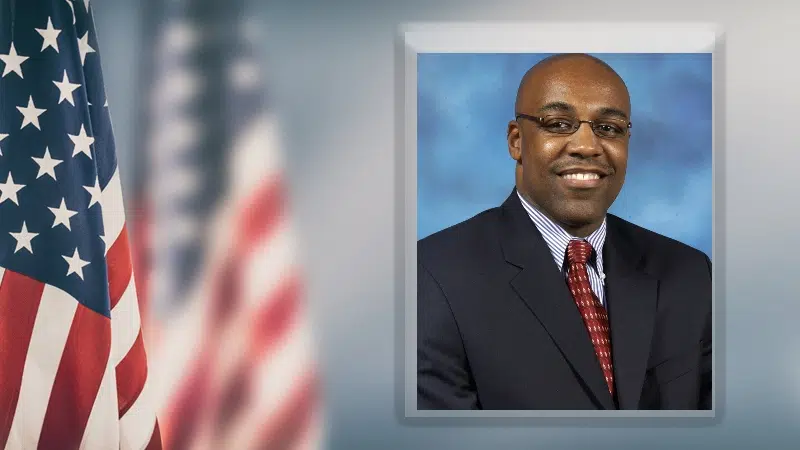PEORIA, Ill. — Scammers will take advantage of any crisis situation and that includes the humanitarian disaster playing out in Ukraine.
Illinois Attorney General Kwame Raoul is warning state residents of scammers who might call them claiming to represent humanitarian causes.
Raoul is encouraging people to do some research before making monetary or in-kind donations…and to ask questions if anyone calls.
He says one important thing to uncover is whether a certain group plans to provide direct aid in the conflict region — or — is raising money for other groups.
Also, Raoul points residents to the Illinois A-G website to find information about charitable groups that have registered for operations in Illinois.
Raoul provided some tips for questions to ask;
Ask how much of your donation will go to the charity and how much will be used to pay fundraising costs. Solicitors must give you this information if you ask.
Pay close attention to the name of the charity. Some fraudulent charities use names that sound or look like those of legitimate organizations to mislead you.
Ask questions about the charity. Donate only when your questions have been answered and you are certain your money will be used according to your wishes. Ask questions like whether the charity is registered with the Illinois Attorney General’s office and what percentage of the money the charity takes in goes to fundraising, administration and charitable programming.
Exercise caution when giving online. Spam email solicitations that appear to be linked to relief groups could be from persons attempting to take advantage of those who want to help as the crisis in Ukraine continues. Be wary of any online solicitations from unfamiliar charities.
Do not pay in cash. For security and tax record purposes, pay by check. Be sure to write the full official name of the charity on your check – do not abbreviate.
Request written information. A legitimate charity will provide information outlining its mission, how your donation will be distributed, and proof that your contribution is tax deductible.
Do not donate if the solicitor uses high-pressure tactics, asks for cash payment or insists on sending someone to pick up your donation. These are all hallmarks of a scam.
If a call or other solicitation seems suspicious, Attorney General Raoul recommends that donors keep notes detailing the date and time of the contact, the organization’s name and the name of the solicitor whenever possible. Raoul encourages donors to contact his office’s Charitable Trust Bureau at (312) 814-2595 to report suspicious solicitations.




